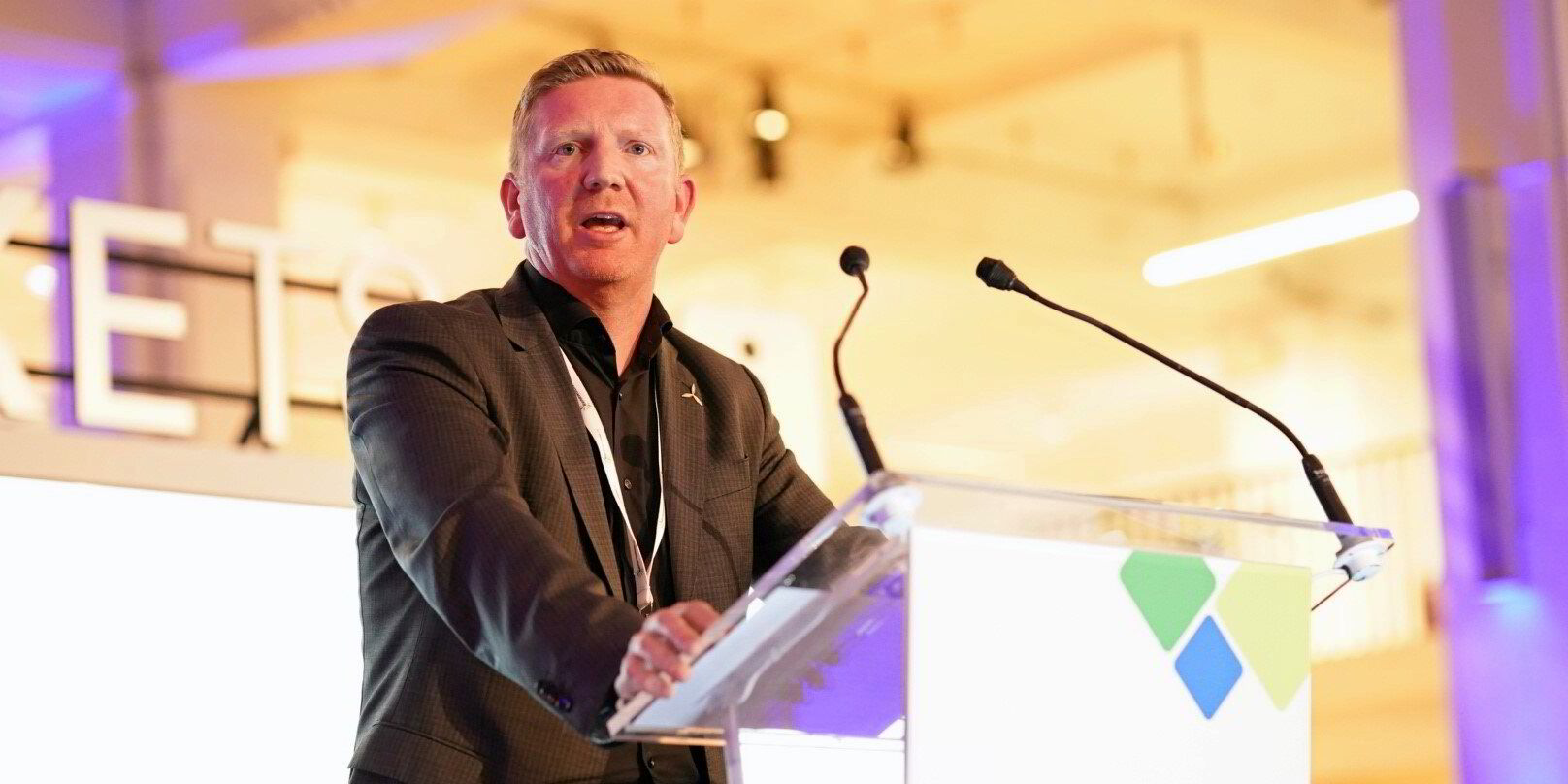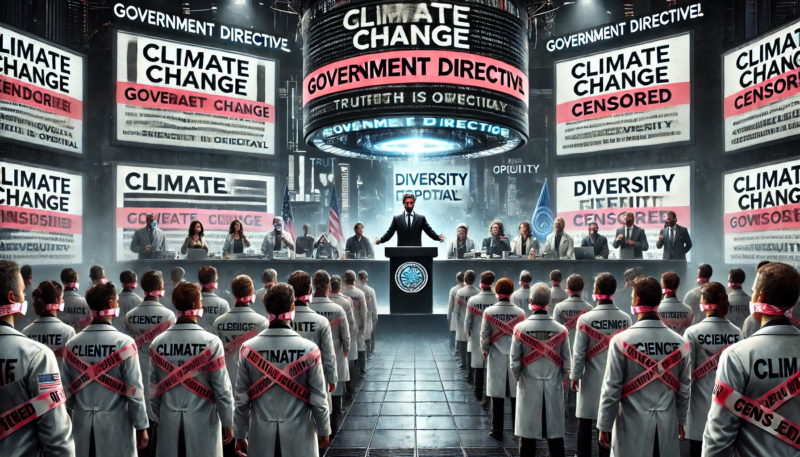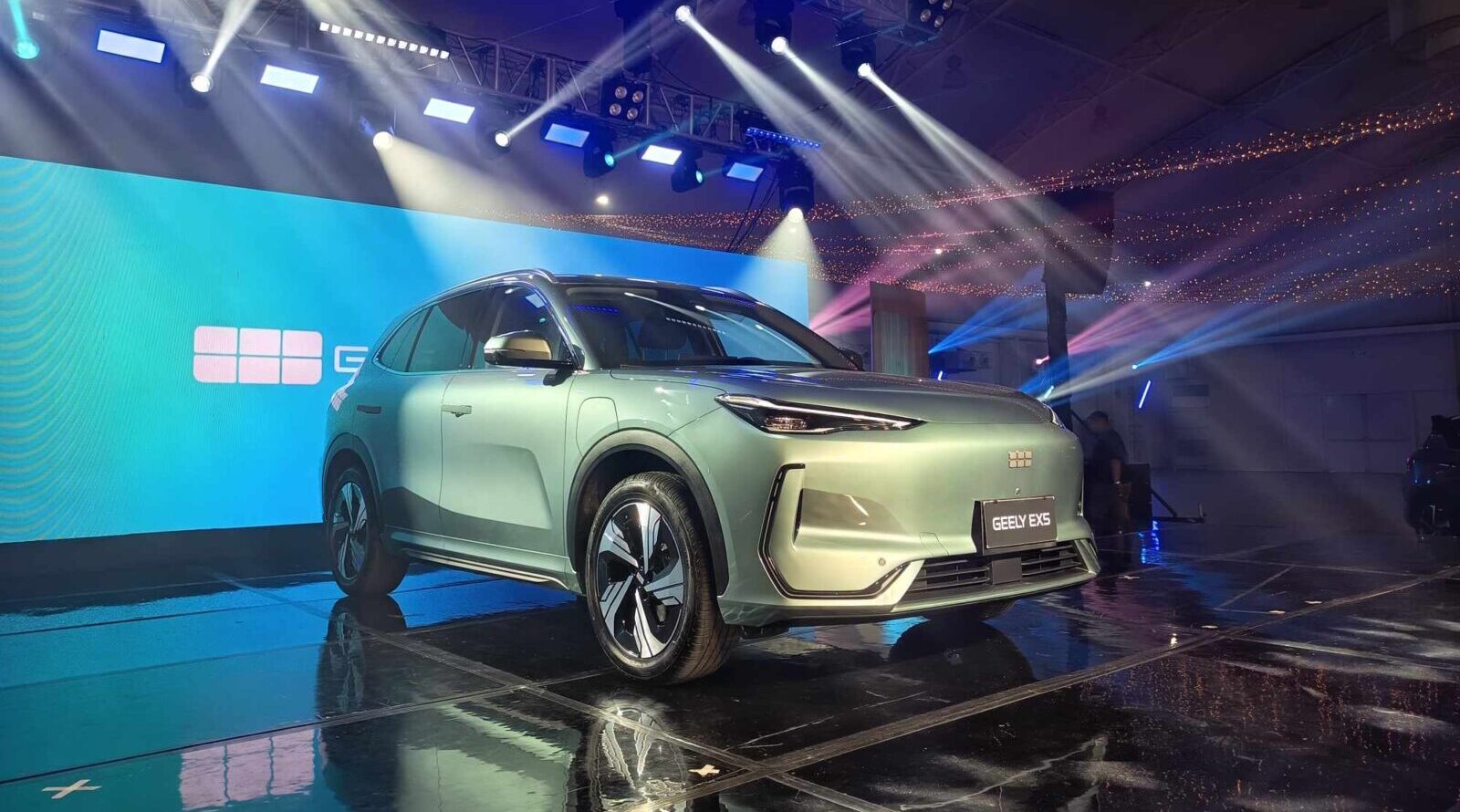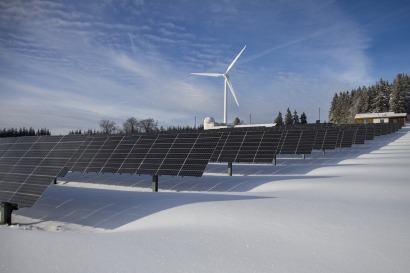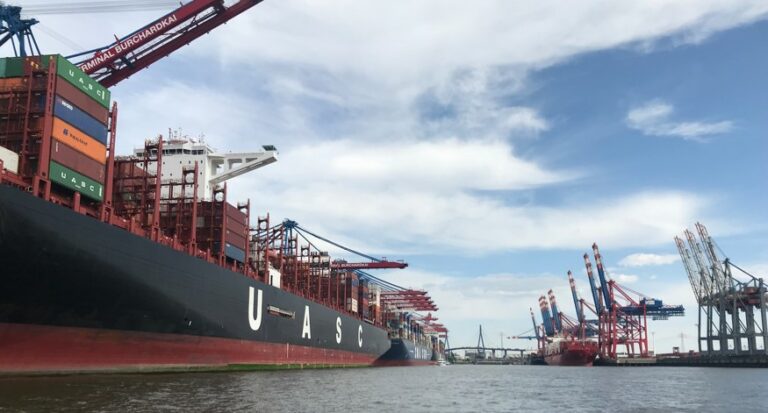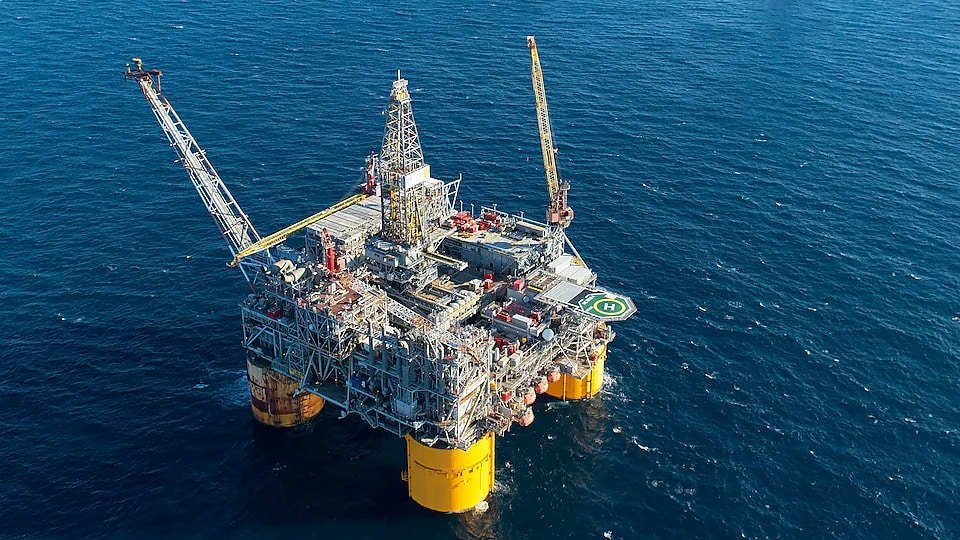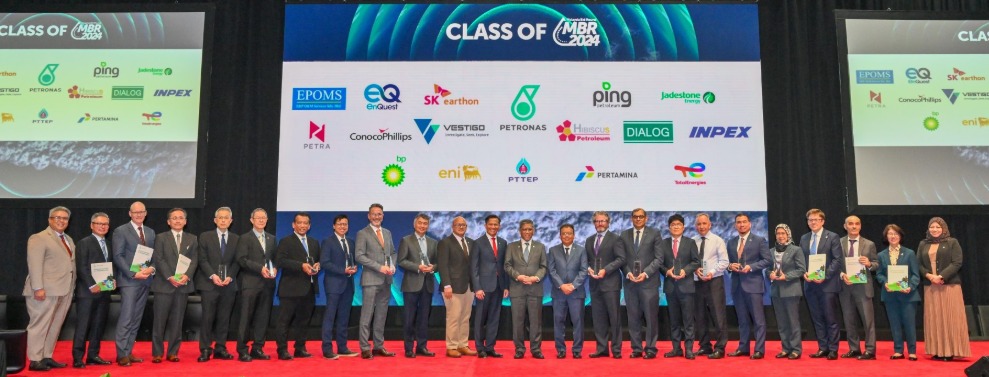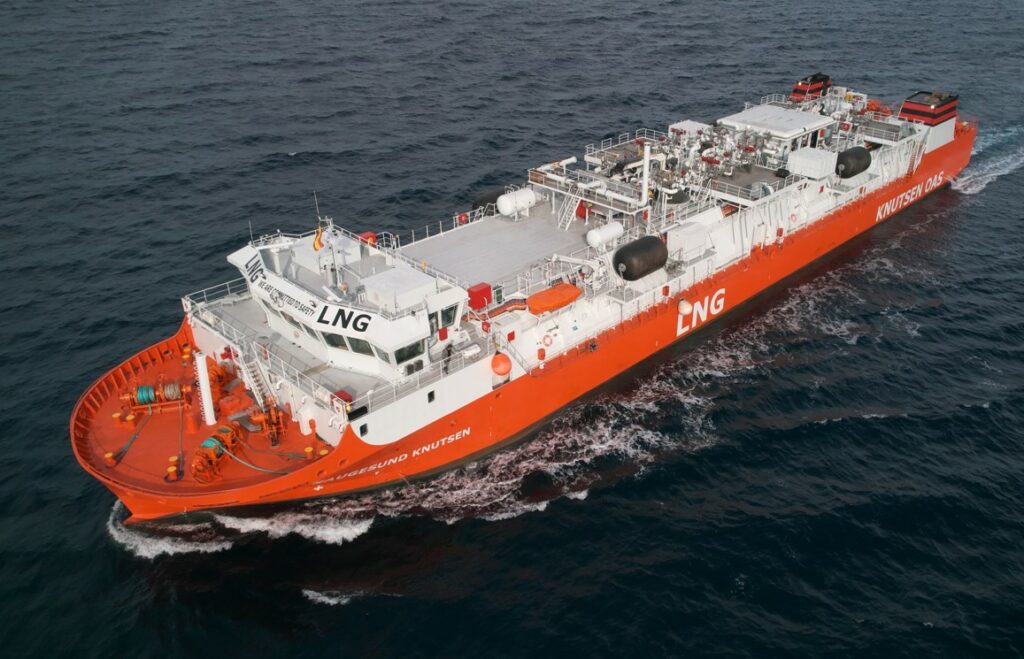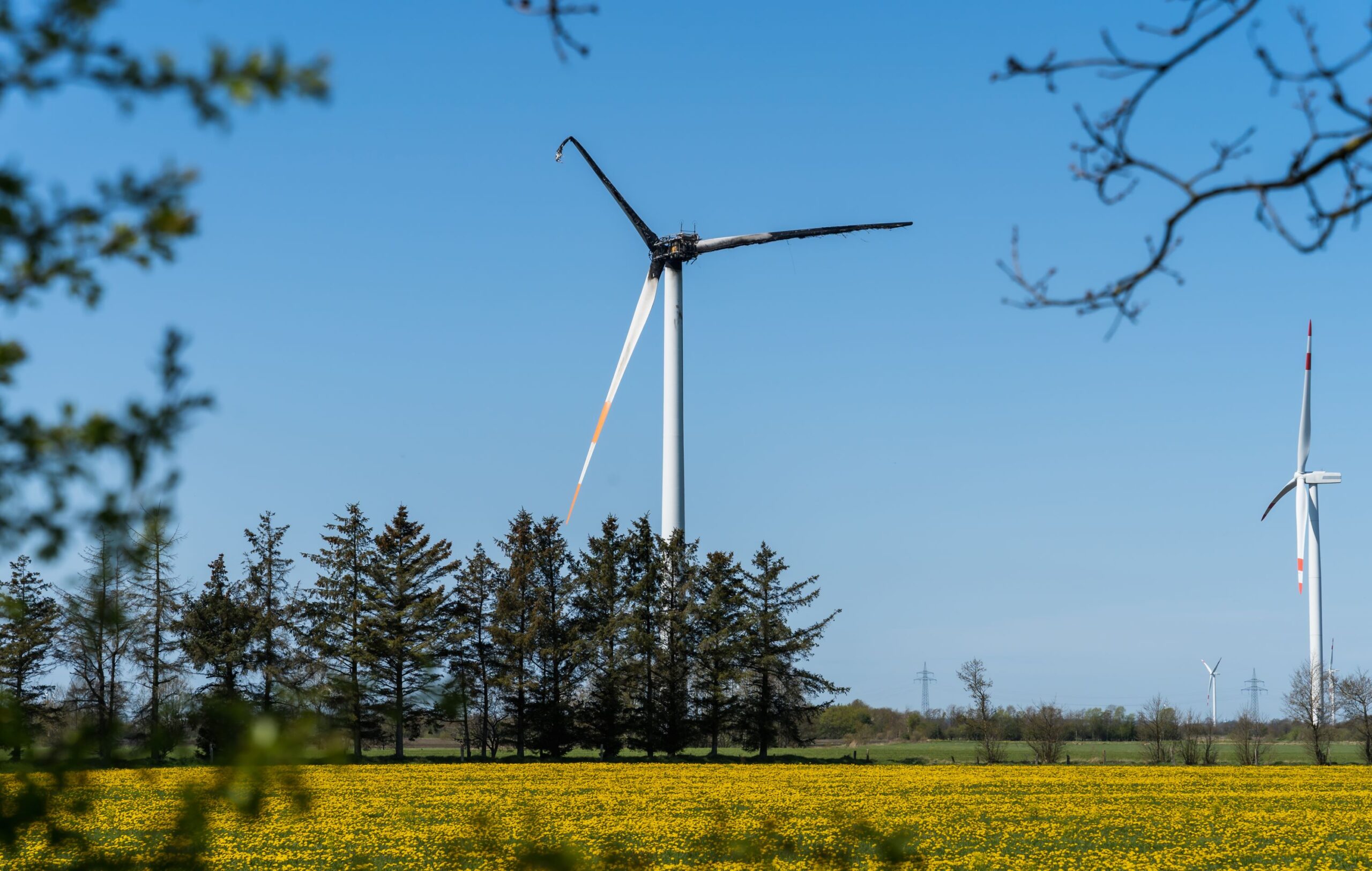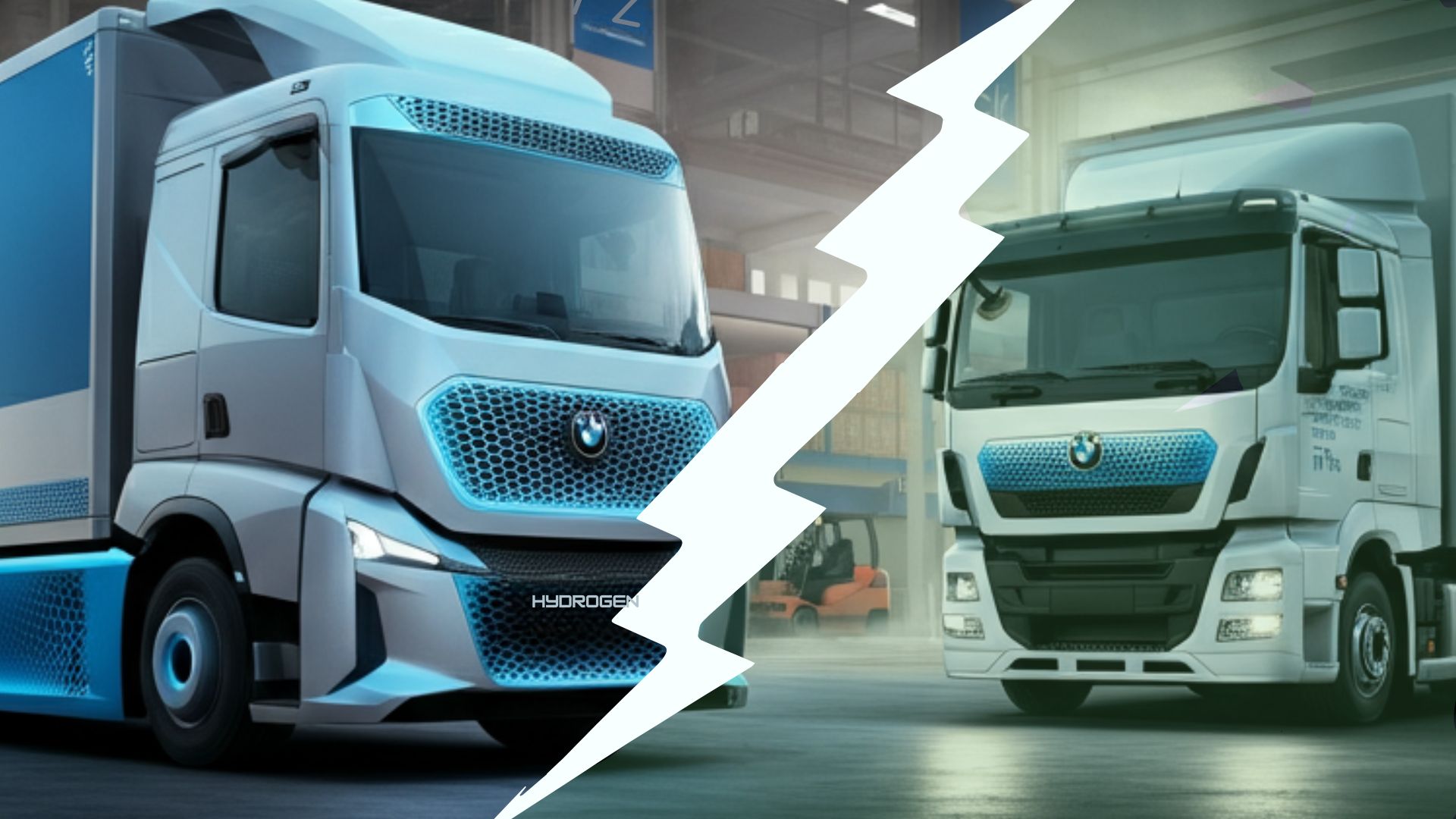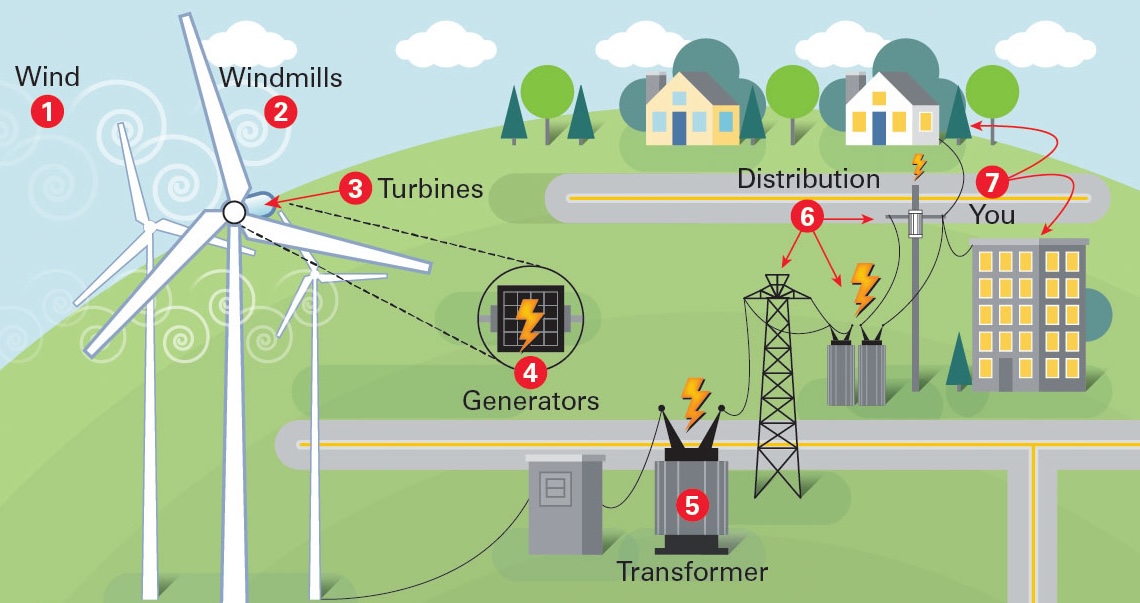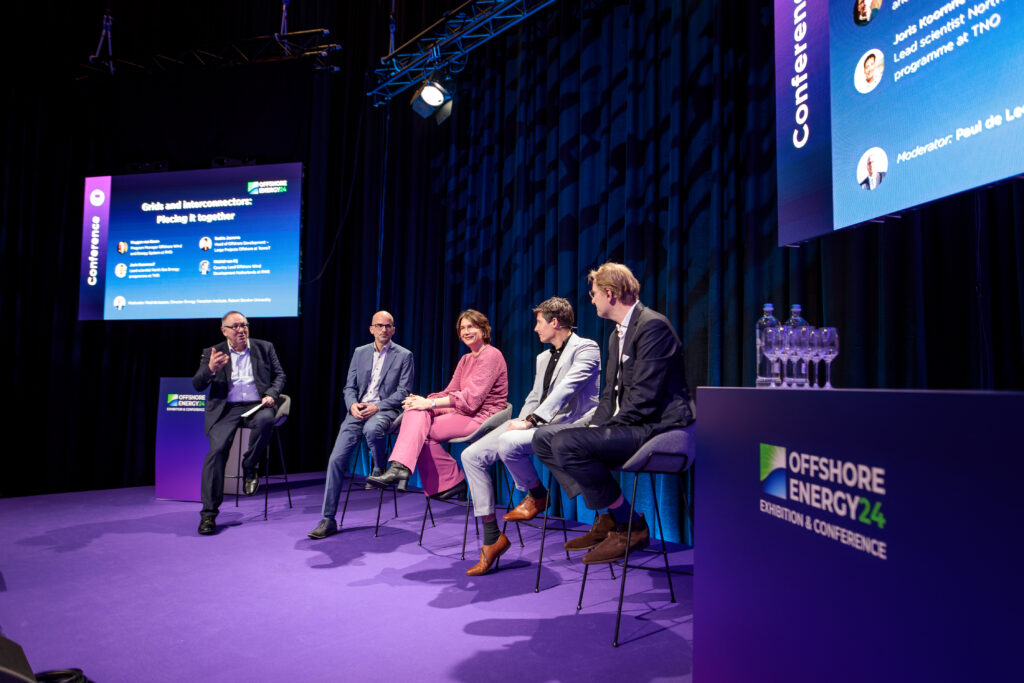HydroFleet’s $33 Million Facility Set to Transform Hydrogen Logistics in Georgia
A Strategic Investment Near the Port of Savannah HydroFleet has announced a $33 million investment to build a hydrogen production…

A Strategic Investment Near the Port of Savannah
HydroFleet has announced a $33 million investment to build a hydrogen production and fueling facility in Pooler, Georgia, just 10 miles from the bustling Port of Savannah. Positioned strategically near major highways and one of the nation’s busiest freight hubs, this new facility aims to support clean, zero-emission logistics by catering to heavy-duty hydrogen fuel cell trucks.
Savannah handles more than 2.8 million TEUs annually, making it a key player in U.S. supply chains. This hydrogen hub could mark a significant step toward decarbonizing freight transport while reducing reliance on traditional diesel-powered trucks.
“Pooler is an ideal location for HydroFleet’s facility due to its proximity to major interstates, the port, and an array of fleet customers,” said Scott Moe, HydroFleet’s CEO. With this project, the company seeks to solve a major challenge fleet operators face—access to a complete hydrogen ecosystem at competitive prices.
Founded in 2016, HydroFleet brings deep expertise to the table, with a leadership team boasting over 40 years of combined experience in the hydrogen sector. Their track record includes delivering more than 450,000 kilograms of hydrogen fuel to fleet customers nationwide.
Community Support and Economic Impact
The announcement has drawn widespread praise from local leaders. Pooler Mayor Karen Williams described the project as a win for sustainability and economic growth. “HydroFleet’s investment in Pooler marks an exciting advancement in sustainable innovation and economic growth,” she said. “This facility will enhance our local economy while establishing Pooler as a leader in clean energy solutions. By utilizing safe, proven hydrogen technology, it will reduce emissions and noise pollution, helping create a cleaner, more sustainable future for our community.”
Trip Tollison, CEO of the Savannah Economic Development Authority, echoed her sentiments. “The advanced technology that HydroFleet employs to provide hydrogen for forklifts and heavy trucks is truly amazing,” he said. “The trucks make hardly any noise, reducing noise pollution, and have zero emissions. They are a proven company with a proven track record, and we are excited to welcome them to Chatham County.”
How Hydrogen Fuel Cell Technology Works
HydroFleet’s facility will feature advanced hydrogen production technology, including small-scale autothermal reformation (ATR) units developed by OneH2. These units use natural gas and water to generate clean hydrogen fuel, making it suitable for logistical applications. While current designs don’t include carbon capture technology, they offer a significant emissions reduction over diesel vehicles.
Hydrogen fuel cell trucks operate by combining hydrogen and oxygen to generate electricity, with water vapor as the sole byproduct. This approach provides quiet operation and zero emissions, making hydrogen trucks an excellent alternative in environments like ports and urban delivery routes.
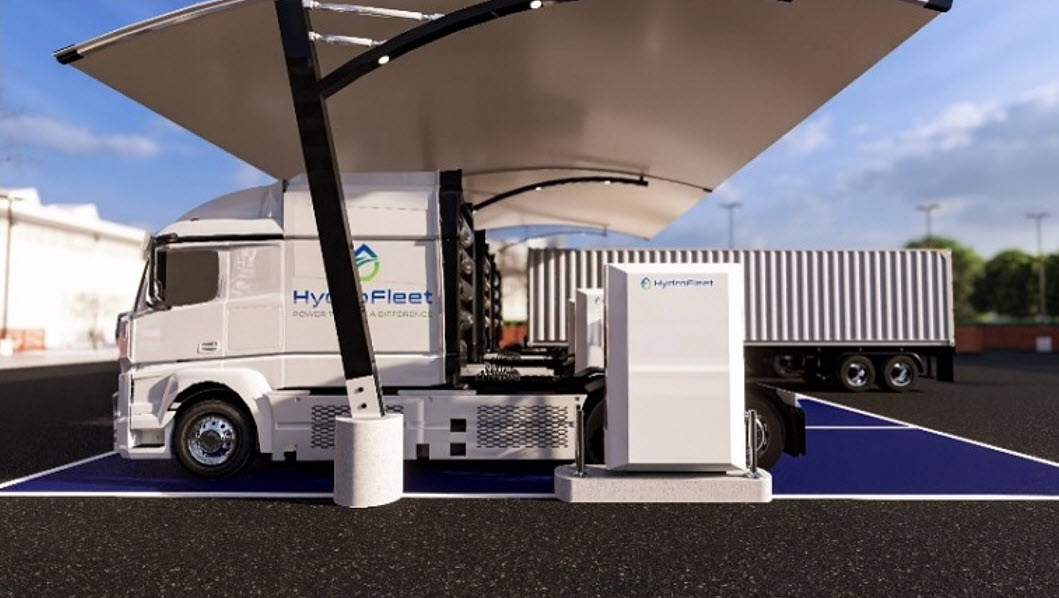
Image Credit: HydroFleet 3D Render
Hyundai’s Hydrogen Trucks Hit Georgia Roads
The timing of HydroFleet’s announcement aligns closely with Hyundai Motor Group Metaplant America’s deployment of 21 Xcient heavy-duty hydrogen fuel cell trucks for logistics operations in Georgia. These trucks support Hyundai’s electric vehicle plant located about 20 miles from Pooler, providing an immediate use case for the hydrogen fueling facility.
“At HMGMA, we are committed to creating sustainable transportation solutions,” said HMGMA CEO Oscar Kwon. “Our Hyundai Xcient hydrogen fuel-cell trucks that support the Metaplant release zero emissions and offer a cleaner alternative to the traditional freight logistics methods used at other manufacturing facilities.” This collaboration underscores hydrogen’s growing importance in reducing the logistics industry’s environmental footprint.
Environmental and Industry-Wide Benefits
The benefits of hydrogen fuel don’t stop at emissions. Hydrogen-powered trucks are quiet, reducing noise pollution—a critical feature for bustling, high-traffic areas such as Savannah’s port operations. One hydrogen-powered Class 8 truck replaces its diesel counterpart, cutting over 400 metric tons of CO2 per year. When HydroFleet’s Pooler facility reaches full capacity, it will service up to 50 trucks daily, eliminating over 40,000 metric tons of CO2 annually—the equivalent of removing nearly 8,700 gasoline-powered cars from the streets.
The hydrogen ecosystem is expanding rapidly nationwide. Today, over 18,000 hydrogen-powered passenger vehicles, 570 hydrogen buses and trucks, and 80,000 hydrogen-powered forklifts are in operation across the U.S. Companies like Amazon, Whirlpool, and Walmart rely on hydrogen forklifts to reduce their carbon footprints while maintaining efficiency in their supply chains.
The Challenges Ahead and the Road Forward
Despite hydrogen’s potential, challenges remain. For the technology to scale, investments in both infrastructure and innovation are essential. Fleet operators, policymakers, and manufacturers will need to continue collaborating to make hydrogen viable for more applications. Integrating carbon capture into production methods, such as ATR systems, could offer even greater environmental benefits.
HydroFleet’s Pooler facility serves as a model for what’s possible, but replicating its impact in other logistics hubs will require continued effort. Battery-electric vehicles often dominate public discourse around clean energy, but hydrogen fuel cells provide a compelling solution for long-haul and high-payload requirements where electric solutions may fall short.
How Hydrogen Technology Applies Today
For logistics companies, the Pooler facility offers a chance to begin transitioning to hydrogen trucks now, cutting emissions and noise while ensuring high performance. Fleet operators in regions where electric vehicles may face functional limitations can especially benefit from this clean energy option.
Looking beyond its industrial applications, hydrogen technology underscores an important message—it’s not just about futuristic promises; it’s happening today. Warehouses, ports, and manufacturing facilities are already leveraging hydrogen power, whether through forklifts or freight trucks. The Pooler project is yet another step toward making hydrogen refueling as common as diesel pumps are today.
A Sustainable Future, Built Together
This story isn’t just about HydroFleet or a single facility in Georgia. It’s a reminder of the broader challenge and the bigger opportunities ahead. With facilities like Pooler’s, supported by advancements like Hyundai’s hydrogen trucks, the freight industry is inching closer to a cleaner, quieter future. The hope is clear—by developing sustainable technologies, we’re not just reducing emissions; we’re paving the way for a healthier, more livable planet. Whether it’s the breath of fresh air in Savannah or the roads of tomorrow, hydrogen is making strides worth noticing—and worth building upon.
What's Your Reaction?









